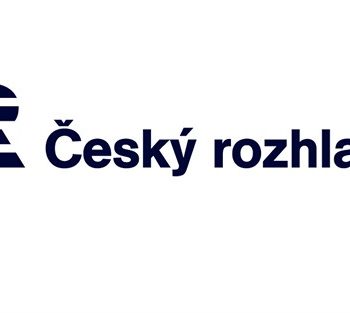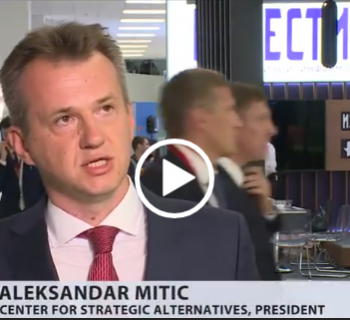Serbian officials denied having security forces in Kosovo, despite a call Tuesday (January 24th) by the International Steering Group (ISG) to stop "interfering" and withdraw secret forces personnel.
"Serbia has not had any security forces in Kosovo since 1999, in line with UN Security Council Resolution 1244 and the Kumanovo peace agreement," government spokesman Milivoje Mihajlovic told SETimes.
In its statement, the ISG "urges Serbia to abide by its international commitments and refrain from interfering in Kosovo, including by withdrawing its police, security, and other state presences."
Kosovo Interior Minister Bajram Rexhepi told SETimes that Serbia’s presence in Kosovo is widely known, despite Serbian denials. "Kosovo police in some cases have stopped and verified persons who are identified as members of the Serbian MUP [Interior Ministry police functions under the authority of MUP]," he said.
Mihajlovic said that Belgrade sees the statement by the ISG as a provocation and attempt to undermine Serbia in the face of the continuing dialogue with Kosovo.
"Serbia is close to obtaining EU candidacy in March, and the ISG announcement is something that benefits Pristina, as it adds pressure on Serbia and forces it to make new concessions," Mihajlovic said.
According to Rexhepi, forces in the country also co-operate with criminal groups in northern Kosovo.
Vladimir Radomirovic of the Belgrade Center for Strategic Alternatives believes the ISG's demands put additional pressure on Serbia before its EU candidacy decision.
"The ISG statement is another step in that direction, especially as some members -- such as Germany, France and the UK -- hold the key to Serbia's EU candidate status," Radomirovic told SETimes.
Many agree that failure to hold the local election would hurt Serbian President Boris Tadic in the run up to the Serbian presidential election this year, because the public would get the impression that the north of Kosovo was being abandoned.
"Tadic now has a clear choice before him -- remove Serbian institutions from Kosovo and receive EU candidate status, or hold local elections in Kosovo and provoke the West," Radomirovic said.
"[This could] destabilise the security situation and manipulate the citizens in that part of the country," Rexhepi told SETimes.
Florian Qehaja, executive director of Kosovar Centre for Security Studies (KCSS), told SETimes that the only way to remove Serbian security structures from Kosovo is with the help of the EU.
"The dissolution of these structures cannot be made as a result of the ISG call, but rather as part of a clear prerequisite set by the EU for Serbia to obtain candidate status," Qehaja said.
Dusan Janjic, director of the Forum for Ethnic Relations, told SETimes that the demand for the withdrawal of Serbian security forces is nothing new.
"They were also reiterated by German Chancellor Angela Merkel during her visit to Belgrade last summer," Janjic said.
The group also asked Serbia to cancel the upcoming local elections, scheduled to take place before May, in Kosovo's Serb-dominated north.
Vladimir Radomirovic of the Belgrade Center for Strategic Alternatives believes the ISG's demands put additional pressure on Serbia before its EU candidacy decision.
"The ISG statement is another step in that direction, especially as some members -- such as Germany, France and the UK -- hold the key to Serbia's EU candidate status," Radomirovic told SETimes.
Many agree that failure to hold the local election would hurt Serbian President Boris Tadic in the run up to the Serbian presidential election this year, because the public would get the impression that the north of Kosovo was being abandoned.
"Tadic now has a clear choice before him -- remove Serbian institutions from Kosovo and receive EU candidate status, or hold local elections in Kosovo and provoke the West," Radomirovic said.



